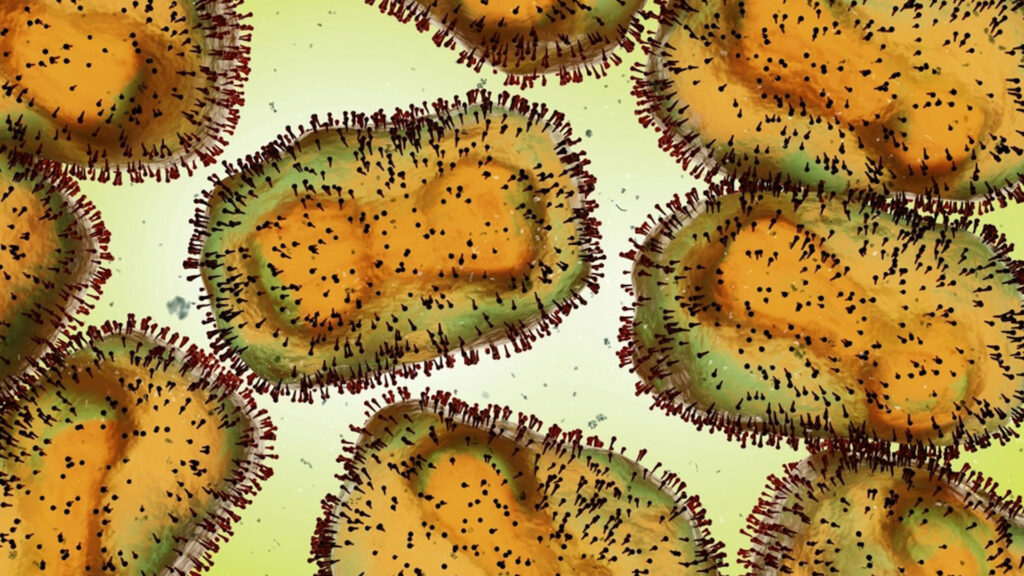
Newsletter Subscribe
Enter your email address below and subscribe to our newsletter

Enter your email address below and subscribe to our newsletter

The World Health Organization (WHO) has declared Mpox a global health emergency as cases continue to surge in Africa and other regions. Stay informed!
The World Health Organization (WHO) has declared mpox a public health emergency of international concern, responding to an alarming increase in cases, particularly in the Democratic Republic of the Congo (DRC).
This declaration triggers a coordinated international response aimed at containing the outbreak and preventing its spread to other regions.
Mpox, a viral infection similar to smallpox, has seen a worrying rise in cases, particularly in the DRC, where over 15,600 cases and 537 deaths have been reported by mid-2024. The WHO’s declaration is a critical step in mobilizing global resources to curb the spread of the virus, which has the potential to become a significant global health crisis if not contained.
In Africa, the DRC has been the epicenter of the mpox outbreak, with the more lethal Clade I variant spreading rapidly. This strain of the virus has a fatality rate of up to 10%, making it considerably more dangerous than other variants.
The spread of this strain to neighboring countries such as Rwanda, Burundi, and further afield to Kenya and Uganda, underscores the need for an urgent global response.
In Australia, the recent spike in mpox cases has raised alarms, particularly in New South Wales, where nearly 100 cases have been recorded since June. Victoria and Queensland have also seen significant increases, with public health officials urging high-risk groups to get vaccinated.
The rapid rise in cases highlights the importance of swift public health interventions to prevent further spread.
Australian health authorities are focusing on vaccinating high-risk groups, including sexually active gay and bisexual men and their partners, as well as sex workers. This targeted approach is crucial in controlling the spread of mpox within these communities, which have been disproportionately affected by the outbreak.
The mpox virus has already spread beyond Africa, with cases reported in Europe, including a deadly variant detected in Sweden.
The WHO’s declaration is designed to facilitate the global distribution of vaccines and other resources needed to combat the spread of the virus. However, vaccine availability remains a significant challenge, particularly in regions where the virus is most prevalent.
The newer smallpox vaccine, which offers protection against mpox, has been effective in controlling outbreaks in high-income countries. However, vaccine supplies are limited, and there is an urgent need to increase production and distribution, especially in Africa, where the outbreak is most severe.
The mpox outbreak serves as a stark reminder of the importance of global health security. For businesses, particularly in the healthcare and pharmaceutical sectors, the outbreak underscores the need for investment in vaccine development, distribution networks, and public health infrastructure.
The economic impact of such outbreaks can be profound, affecting global trade, travel, and consumer confidence.
The WHO’s declaration also highlights the importance of international cooperation in responding to public health emergencies. Countries must work together to share resources, information, and expertise to prevent the spread of infectious diseases.
The global response to mpox will be a critical test of the world’s ability to manage and contain emerging health threats.